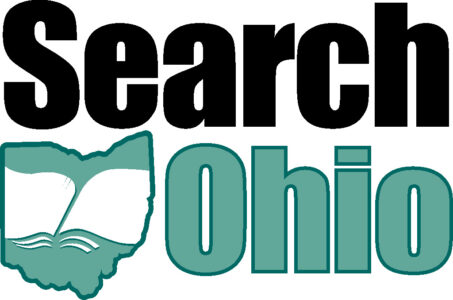This page is dedicated to suggestions on processing and cataloging that will make this service better, aside from the tips and reporting procedures that are listed elsewhere in this wiki. Suggestions may be posted on the mail list in order to discuss them before adding them here. After posting, you can use the discussion page under the discussion tab, above. Suggestions on improvements to the technical side of SearchOhio should be sent directly to Westerville via the ticket system.
You can create sub-pages here, but generally it will be easier to find your information if it can be fit onto this page.
Cargo / Bag Weight
It is recommended that no bag (large or small) exceed 20 lbs to aid in shipping and handling processes.
Pickup Location Changes
Notify Central about changes to your Pickup Location Codes before you change them
If you want to change the code for a location in your system that is also a Pickup Location on Central, please notify SearchOhio’s Technical administrator before you make that change. Admin can remove the old code before you make your change, then move in the new one afterwards. If you delete or rename a location code before we get a chance to act, then III has to do it, which can delay your plans.
Cataloging
Use z39.50
Use the z39.50 service from SearchOhio to find your bib records first. It’s free, the quality will usually be very good, and a proper match within the Central catalog will be more likely. The Mill/Sierra client can be set up to pull from the SO catalog automatically.
Suppress Non-Requestable Bibs
This is not a consortial catalog–it is a delivery service. Consider suppressing all bibs for which all linked items are not requestable, so that the patrons do not have to worm all the way down to the item just to find out whether they can get it under the terms of the service we all advertise. If you do not have both suppression settings (one for your catalog and Central, one just for Central) ask III to provide it.
Here is how to do that:
1. Compile a list of bibs with items attached that are mapped non-request-able (Central 232). (So, when Steve O. does this for his library (Westerville Public Library/we4pl), he would refer to the item type mapping table on this wiki to create a bib search, using Boolean OR, that looks for bibs with local itypes 0, 8, 9, 17-99, 101-232, or 234-255 attached.)
2. Suppress these bibs on this list from Central using Rapid Update.
3. Create another bib list, using the first bib list as the search source, of bibs with items attached that are mapped request-able (Central 230, 231, 233). (So for Westerville/we4pl, that is a bib search, using Boolean OR, run against the first list Steve created, that looks for local Westerville itypes 1-7, 10-16, 100, or 233.)
4. Un-suppress these bibs in the second list using Rapid Update.
5. You are done. The bibs with only non-request-able items attached are suppressed, and those offering something to request are not.
Service
Set up your item status field for “Check for Owning-site Holds before Allowing INN-Reach Renewals”
This setting checks for an item-level hold when a patron requests a renewal on an INN-Reach item. To make this process less mysterious, add two item status codes and labels to your local system:
RENEW PENDING (+)
RENEW DENIED (=)
These statuses will tell you when the item-level hold check is underway–normally, this is near instantaneous, but under some circumstances a few hours may be required. If this status remains long-term, it indicates a communications error with the owning catalog system.
Train Staff on Processing Messages
- For instance, the Holds Request Check (“Check for Owning-site Holds before Allowing INN-Reach Renewals”; the setting is documented on page 101061 of the manual.) will create rarely-seen messages for Renewal requests such as “Renewal Pending” or “Renewal Denied.” Have a poster up that explains the possible messages and how to react.
- SearchOhio libraries should not use the ‘Claims Returned’ feature. Instead, please contact the PCIRC contact of the owning library and have them search for the item.
